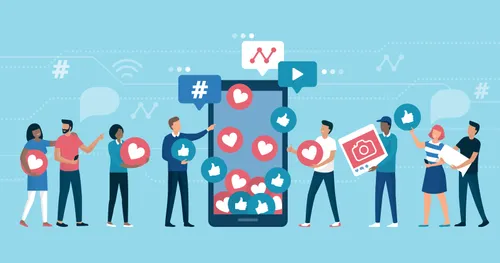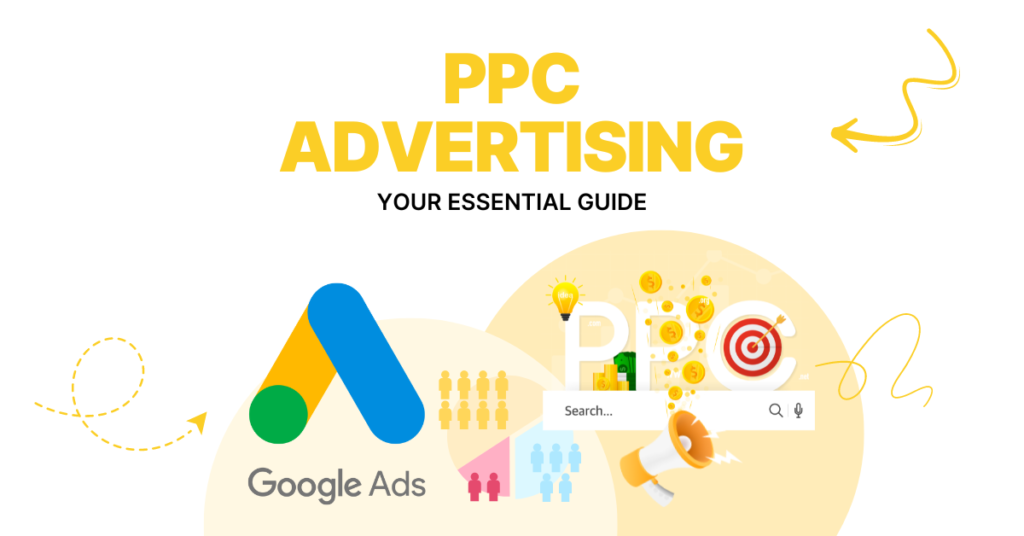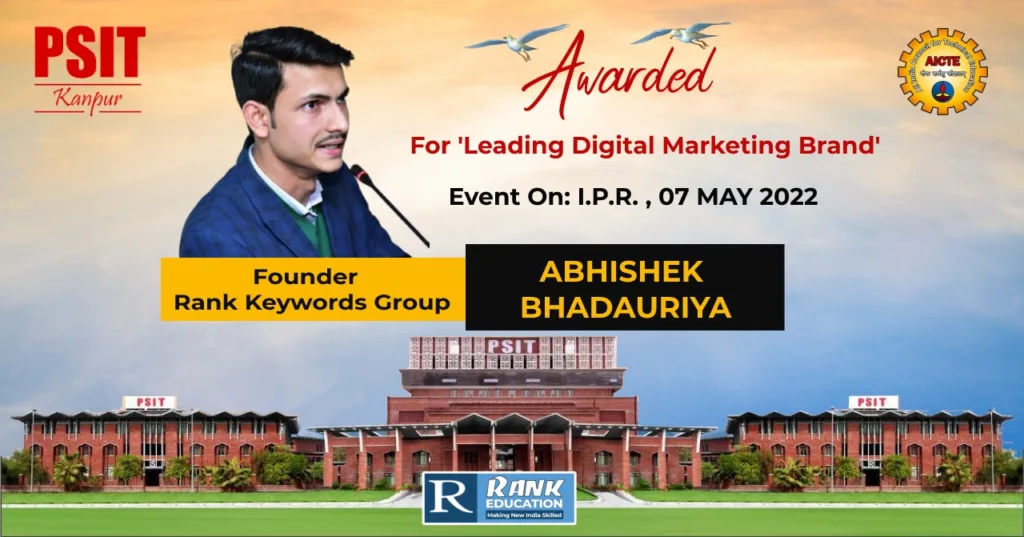Social Media Marketing Trends to Watch Out For in 2025
The social media landscape continues to evolve at an unprecedented pace, with new trends and technologies emerging to transform how businesses and individuals connect with their audiences. As we step into 2025, marketers must stay ahead of the curve to remain relevant in a highly competitive space. Here are the key social media marketing trends to watch out for in 2025: 1. AI-Driven Content Creation and Personalization Artificial intelligence is no longer a buzzword but a necessity in the social media marketing world. In 2025, AI tools will dominate content creation, enabling marketers to generate personalized, highly relevant posts tailored to individual audience segments. These tools will assist in writing captions, creating visuals, and even crafting interactive content, such as polls and quizzes, to improve engagement. How to leverage it: Use AI-powered tools like ChatGPT for content creation. Implement AI for predictive analytics to tailor your campaigns based on audience behavior. 2. Rise of AR and VR Experiences Augmented Reality (AR) and Virtual Reality (VR) are set to take social media marketing to the next level. Platforms like Instagram, TikTok, and Snapchat are already embracing AR filters, but 2025 will see brands creating fully immersive VR experiences to connect with users. Imagine shopping for clothes virtually or attending a live virtual product launch event—all from the comfort of your home. How to leverage it: Develop AR filters aligned with your brand for platforms like Instagram. Use VR for virtual tours, events, and product demonstrations. 3. Decentralized Social Media Platforms The demand for privacy and data security is pushing users towards decentralized social media platforms powered by blockchain technology. These platforms give users control over their data and ensure transparency, making them increasingly popular among younger audiences. How to leverage it: Start exploring decentralized platforms like Lens Protocol or Mastodon. Build marketing strategies that prioritize user privacy and transparency. 4. The Surge in Social Commerce Social media platforms are rapidly turning into full-fledged e-commerce hubs. In 2025, shoppable posts, live shopping events, and in-app purchases will become even more sophisticated, allowing businesses to sell directly to their followers without needing a third-party platform. How to leverage it: Create shoppable posts on Instagram and Facebook. Host live shopping events on platforms like TikTok to engage and sell in real-time. 5. Micro-Influencers and Nano-Influencers Gaining Prominence While celebrity influencers remain impactful, brands are increasingly recognizing the value of micro- and nano-influencers. These smaller influencers boast highly engaged niche audiences, often leading to better ROI than mega-influencers. In 2025, collaborations with these influencers will become more targeted and authentic. How to leverage it: Partner with influencers who align with your brand values and target demographics. Focus on creating long-term partnerships rather than one-off campaigns. 6. Ephemeral Content for Maximum Engagement Temporary content, such as Stories on Instagram, Facebook, and Snapchat, will remain highly effective in 2025. The “fear of missing out” (FOMO) continues to drive engagement for short-lived, snackable content. This trend will expand as platforms refine these features with enhanced editing tools and analytics. How to leverage it: Regularly update Stories with behind-the-scenes content, polls, and interactive elements. Use ephemeral content to create urgency around time-sensitive offers. 7. User-Generated Content (UGC) as a Trust-Building Tool In a world where authenticity reigns supreme, user-generated content will continue to grow in importance. Reviews, testimonials, and creative posts from customers not only increase engagement but also build trust among potential buyers. How to leverage it: Encourage your audience to share content featuring your brand using branded hashtags. Run contests and campaigns that reward users for submitting UGC. 8. Short-Form Video Reigns Supreme Platforms like TikTok, Instagram Reels, and YouTube Shorts will maintain their dominance in 2025. Short-form videos are easily consumable and highly shareable, making them a go-to format for capturing audience attention. How to leverage it: Create short, entertaining, and informative videos that align with current trends. Use storytelling techniques to engage viewers within the first few seconds. 9. Increased Focus on Social Responsibility Consumers are becoming more conscious about the ethics and values of the brands they support. Social media campaigns that focus on sustainability, inclusivity, and social responsibility will drive engagement and loyalty in 2025. How to leverage it: Showcase your brand’s efforts towards sustainability and ethical practices. Partner with non-profits or run cause-driven campaigns that align with your audience’s values. 10. AI-Powered Chatbots for Real-Time Engagement Real-time interactions are crucial for customer satisfaction, and AI-powered chatbots are stepping up to fill the gap. In 2025, chatbots will become even smarter, offering personalized recommendations and seamless customer support on social media platforms. How to leverage it: Integrate AI chatbots into your Facebook Messenger or Instagram Direct. Use chatbots to handle FAQs, product inquiries, and appointment bookings. To contact for digital marketing course call Rank Keywords Team on +91-8887599932. Follow Rank Keywords Group on Social Media: Facebook: https://www.faceboook.com/rankkeywords Instagram: https://www.instagram.com/rankkeywords Twitter: https://www.twitter.com/rankkeywords LinkedIn: https://www.linkedin.com/company/rankkeywords Pinterest: https://in.pinterest.com/Rankkeywords/ You tube: https://www.youtube.com/channel/UCl9rsIbUY2vYi3xCk6P5ZHQ
Social Media Marketing Trends to Watch Out For in 2025 Read More »





